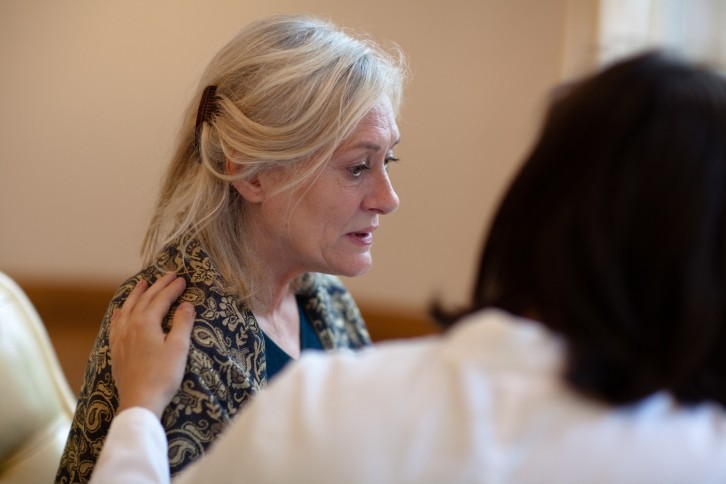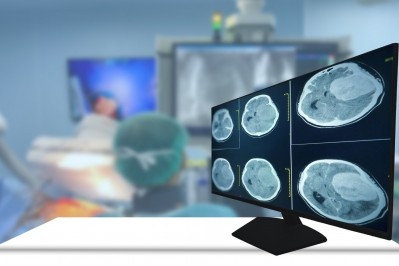Simple blood test could help detect Alzheimer’s years earlier

Two research teams at University College London and the University of Oxford will carry out country-wide trials involving around 5,000 volunteers in more than 50 clinics.
The five-year project will research ways to cheaply test for certain proteins in people with early stages of dementia or those with mild or progressive memory problems.
If successful, the researchers hope that diagnostic blood tests could be available on the NHS in just five years.
Currently, only 2% of people are able to access specialist memory tests like PET scans or lumbar punctures, as they are only available in approximately 1 in 20 NHS memory clinics.
Blood tests that can diagnose Alzheimer’s have shown great promise over the last few years, but this project marks the first time they will be clinically tested in a large population across the UK.
Fiona Carragher, director of research and influencing at Alzheimer’s Society, said: “Dementia is the UK’s biggest killer, yet a third of people living with dementia don’t have a diagnosis, which means they’re not able to access care and support.
“An early and accurate diagnosis is also going to be vital in the future for identifying people who are most likely to benefit from new treatments, which are now within reach.
“I’ve spent decades working in research and the NHS and, after years of slow progress, it feels like we’re on the cusp of a new chapter on how we treat dementia in this country.”
Professor Jonathan Schott’s team at University College London will focus on the most promising biomarker for Alzheimer’s disease, called p-tau217, which can indicate levels of proteins amyloid and tau in the brain.
They will carry out a clinical trial to see if measuring p-tau217 in the blood can increase the rate of diagnosis in patients with early dementia, but also in those with mild but progressive memory problems.
The second trial, led by Dr Vanessa Raymond of Oxford University, will test multiple existing and novel blood tests, looking at a range of types of dementia, including Alzheimer’s disease, vascular dementia, frontotemporal dementia, and dementia with Lewy bodies.
“Since I first stepped into a memory clinic 30 years ago there has thankfully been a shift in the way society thinks about dementia,” Raymond said.
“There was previously a feeling that this was just another part of aging, but now we’re seeing that people want to know more about their condition and they want a diagnosis as it helps them access the support they need.
"Both my parents lived with dementia so I know first hand the devastation this disease causes, and how a timely and accurate diagnosis can benefit people and their families.”
The two research teams make up the Blood Biomarker Challenge, a multi-million award given by Alzheimer's Research UK, Alzheimer's Society and the National Institute for Health and Care Research and Gates Ventures – with £5 million of funding from the People's Postcode Lottery.
With more than half of all local authority districts in England failing to meet the government’s target dementia diagnosis rate of 66.7%, the news has been welcomed by the wider industry.
Dr Sheona Scales, director of research at Alzheimer’s Research UK, commented: “We’ve seen the enormous potential that blood tests are showing for improving the diagnostic process for people and their loved ones in other disease areas. Now we need to see this same step-change in dementia, which is the greatest health challenge facing the UK.
“It’s fantastic that through collaborating with the leading experts in the dementia community, we can look to bring cutting-edge blood tests for diagnosing dementia within the NHS. And this will be key to widening access to ground-breaking new treatments that are on the horizon.”









